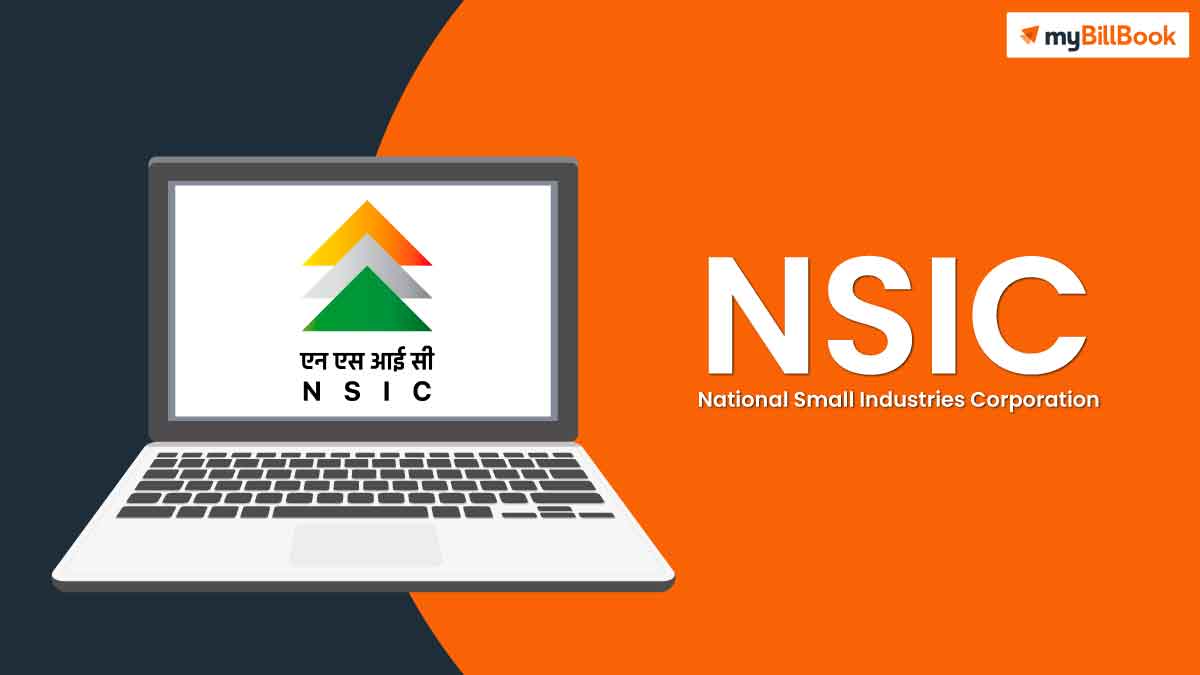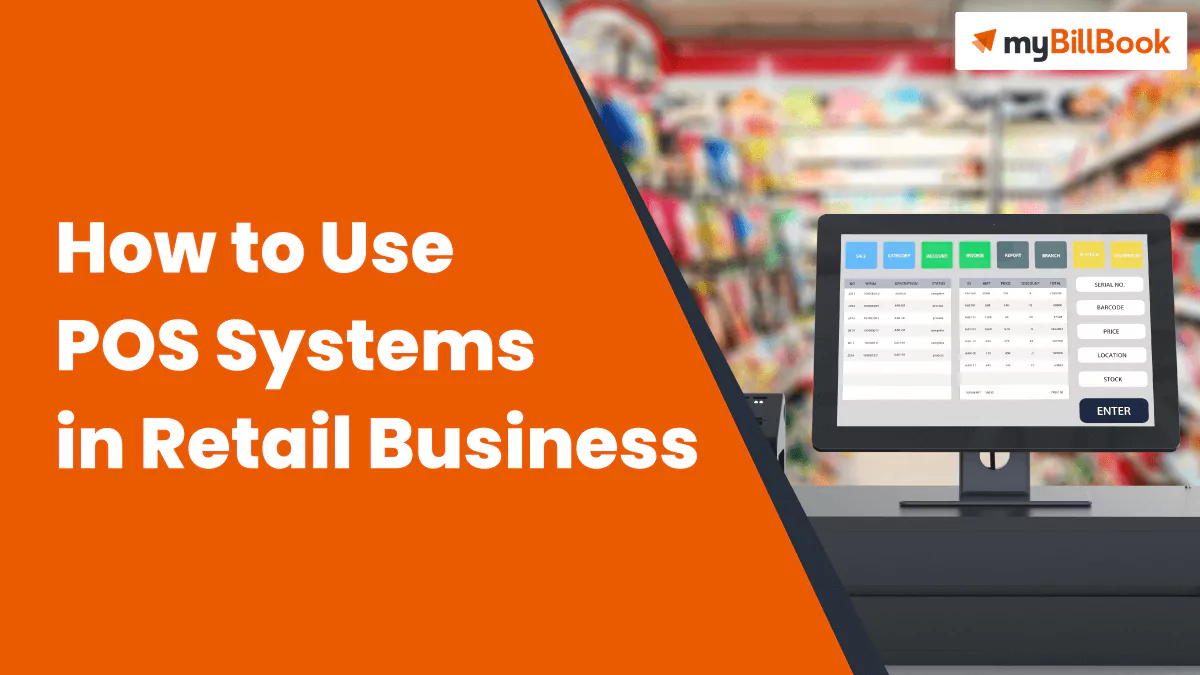What is NSIC?
NSIC full form is National Small Industries Corporation. It is owned by the Govt of India under the authority of the MSME – Ministry of Micro, Small, and Medium-Sized Enterprises which was established in the year 1955. National Small Industries Corporation promotes and accelerates the expansion of MSME organizations worldwide by establishing various government initiatives, such as single point registrations, marketing assistance, a credit rating system, and success for enterprises.
Through programs like Single purpose Registrations for administration purchasing decisions, selling Assistance, Efficiency, and Credit Rating for small and medium enterprises, NSIC promotes, simplifies, and makes the differentiation in MSME connection in India.
This company operates across the country through accessible technical centers and offices. Excluding India, the NSIC was active in several African countries. As a result, it established a management and support center in Johannesburg, South Africa, to organize, assist, and operate MSME activities. However, it is no longer available due to the Johannesburg office being closed in January 2018 to focus on domestic MSMEs.
What Is an NSIC Certificate?
MSEs with NSIC registration certificates can access several national development initiatives and generate incredible growth in their businesses.
NSIC Certificates issued under the Single Point Registration System are valid for two years. This must be renewed every two years following CTC verification.
Note: This Provisional NSIC certificate is valid for one year from the date of issue, i.e. following payment of the NSIC registration fee and receiving the requisite documentation.
Benefits –
- Free distribution of tenders – One of the primary benefits of the NSIC Certificate is that it facilitates the free allocation of tenders to eligible MSMEs.
- There is no EMD deposit – Enterprises that hold an NSIC Certificate do not have to pay Earnest Money Deposit (EMD). This is obtained from the bidder to verify his authenticity in a contract.
- SSI development – NSIC has allocated 358 items to buy from (Small Scale Industries) SSIs to enhance this market.
- Support in government tenders – All MSMEs that bid under the price cap of L1+15% can provide up to 20% of demand by cutting the price to L1.
- The specified quota – 4 percent of the overall yearly demand of 20% supplies from MSMEs is specified for SC/ST-owned entities.
- MSMEs’ overall growth – NSIC provides a variety of interrelated assistance services to MSMEs in the areas of business, innovation, financial, and other areas.
NSIC Registration – How to Get NSIC Certificate:
An applicant seeking registration with NSIC Certificate may do so online or by submitting the application to the nearby NSIC office where the registered office is situated. When an application is submitted, the NSIC department transfers it to its divisional branch and sub-branch office located near the applicant’s registered office to compete for various technical inspections and recommend the applicant to NSIC.
After receiving an inspection report, NSIC grants certification to MSME units. To register for NSIC online, follow the procedures below:
- Stage 1: Visit the NSIC’s online portal.
- Stage 2: On the NSIC home page, select the option “Apply Online” located on the left side of the screen.
- Stage 3: There will be a new page where you must put in your company’s details.
- Stage 4: After you have completed the form, click on the ‘Register’ button. Submit the application structure together with all required documentation.
- Stage 5: Next, you must pay the NSIC’s recommended registration fees.
- Stage 6: The NSIC also sends a duplicate copy of the documentation and request for technical examination to the inspection agency concerned.
- Stage 7: The inspection authority starts the inspection procedure and conducts the MSME technical assessment.
- Stage 8: The inspecting authority will send the report to the NSIC following the examination.
- Stage 9: Once the technical report is received, the NSIC will issue the registration certificate under the Single Point Registration Scheme.
What Are the Schemes of National Small Industries Corporation?
1. Single Point of Registration –
Government is the major buyer of a range of small-scale commodities. Thus, the overall objective of this strategy is to increase the number of purchases made from small-scale enterprises through the Government Stores Purchase Program (1955-56). These industries can engage in these procurement programs through the registration scheme under the NSIC (SPRS).
2. Bank Credit Facilitation –
The NSIC has entered into an agreement with many nationalized and private banks. The NSIC provides financial assistance to MSMEs through these partnerships with banks. Additionally, the NSIC has complete responsibility for aiding with the completion of documents and sending it to banks and following up with the banks. These services are also free for small businesses.
3. Assistance for Raw Materials –
The government gives financial assistance to small-scale companies for the acquisition of raw materials under the Raw Material Assistance (RMA) Scheme. The major goal is to produce quality products in these industries.
4. Consortia and Tender Marketing System –
The corporation’s primary purpose is to promote the items created by Micro and Small Businesses. The products can also be promoted individually or collectively via ‘consortium’. As a result, a scheme called the Consortia & Tender Marketing Scheme was created for this purpose.
5. Services for Market Intelligence –
The purpose of this project is to expand the horizons of Indian MSMEs through the use of a Market Research Web Portal. The Marketing Intelligence Cell collects and analyzes data to identify new customers, ascertain existing and future market needs and preferences, as well as market behaviours and attitudes. Additionally, the government’s objective for this scheme is to monitor industry developments and identify future market prospects.
NSIC also runs the National Scheduled Caste and Scheduled Tribe Hub, the MSME Databank, and organizes events to promote the underprivileged groups of society and the small-scale and related sectors.
FAQs about NSIC
Q1. What is the distinction between the NSIC and the MSME?
Ans: The NSIC is a government-certified firm that operates under the MSME to encourage the growth of Micro, Small and Medium-Sized industries in India. While MSME is a sector comprising several Micro, Small, and Medium-Sized Enterprises.
Q2. What is the process for getting a loan from NSIC?
Ans: To apply for a loan through NSIC, applicants must visit the NSIC’s official site to get the Bank Credit Facilitation Initiative application form. They can then visit their local bank branch and submit the form along with the relevant documentation.
Q3. What is the objective of NSIC?
Ans: NSIC supplies SSIs with different services and machinery on a hire-purchase basis. Additionally, it builds prototypes of pf devices and sends them to SSIs for industrialization.
Q4. When was NSIC established?
Ans: NSIC was established in 1955 as a government-owned public sector enterprise.
Q5. What is this CRITERIA Requirement for the NSIC Registration system?
Ans: Enterprises that meet the following requirements are eligible to register with the NSIC –
- All Micro companies that invest up to 25 lakhs in plants and machines and up to 10 lakhs investment in the service sector
- All small companies who invest in machinery and equipment up to Rs. 5 Crore and up to Rs. 2 crores in the service industries
- MSME-registered businesses
Q6. Is NSIC issuing MSME’s Provisional GP Certificate?
Ans: Yes, NSIC may issue a provisional SPRS registration certificate to MSMEs that have begun production but do not have the audited balance sheet during the past year.







